Passover is the holiday of questioning. While the youngest at your seder will ask the four traditional questions when we celebrate later this month, here are four other big questions for all of us to think about while breaking matzah.
1. Why is there hate?
At this writing, there was yet another Jewish cemetery vandalized and a fresh round of bomb threats targeting Jewish schools across the country, including a Jewish day school here in Chicago. Like so many other times in history, the plagues of hate, bigotry, fear, and violence occupy our thoughts, along with frogs, hail, locusts, and pestilence.
"In every generation," we read in the Haggadah, they try to "rise up against us to destroy us." Pharaoh tried. Hitler tried. And indeed today there are hateful people around the world still trying. But hate doesn't have the power to break us.
We can't explain why there is hate, and our descendants will still unfortunately ponder this question generations from now.
But the upside is that love, ultimately, drowns out the hate. While a few bigots overturned headstones, so many more people-of different faiths-were there to help put them back. And while some pathetic individuals tried to scare people with threats at our children's schools, so many more people were there to guide them to safety, and to love, support, and protect them.>
As Chicago Loop President Lee Zoldan put it at this past winter's "Love Thy Neighbor" interfaith gathering, in the wake of desecration at her congregation, "a single act of hatred generates hundreds of acts of love."
2. With so much repair to do in this world, where do we begin?
Anywhere we want. Pirkei Avot ("Ethics of our Fathers") teaches us that we are "not obligated to complete the work, but neither are you free to desist from it."
It's easy to be overwhelmed and retreat from the problems of the world, but what better place to start than in your corner of it, with something you feel passionate about?
For ideas on where to get started, visit www.juf.org/tov/ to connect with volunteer opportunities in our community.
3. As we celebrate our freedom from oppression, what do you wish to be free from?
Every so often, let's free ourselves from the anxiety, stress, and have-tos of daily life-and just be present. Let's untether from our phone for just a little while to connect with something deeper-with nature, with God, with the people we love. Now that spring has arrived, it's the perfect time to take advantage of the longer days and warmer weather, and free up some time to meander outside for a little rejuvenation.
4. How can I matter?
In Rabbi Harold S. Kushner's spiritual guidebook Living a Life That Matters, he writes that he has tended to many gravely ill people in the final days of their lives, through which he has noticed a pattern: Certain patients were less afraid of dying than others; whether or not they were afraid to die depended on how they had lived.
The people who had lived fulfilling lives on earth were less afraid to die, while the ones who felt that they hadn't done anything worthwhile, with meaning, in their lives, wished God could give them just a couple more years. "It was not death that frightened them," writes Kushner. "It was insignificance, the fear that they would die and leave no mark on the world."
We as human beings are put on earth not just to exist, but to live with intentionality and purpose. Each of us is here to shine our own unique light on the world. Where will you shine yours?


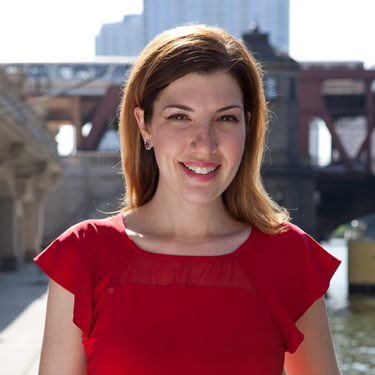
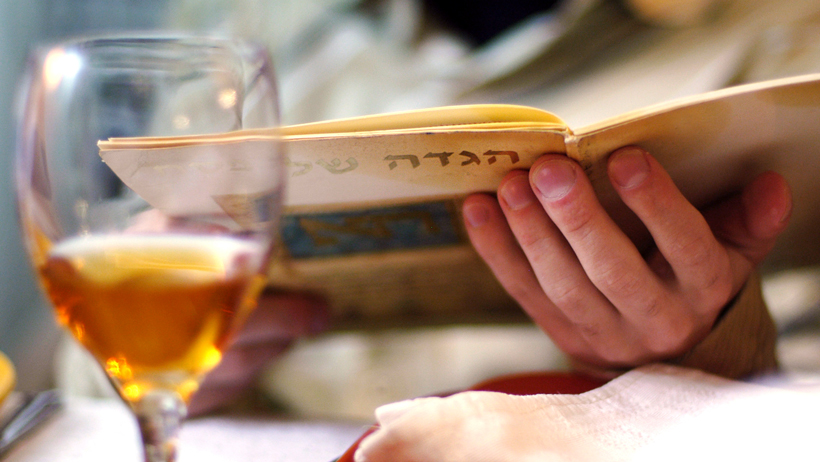

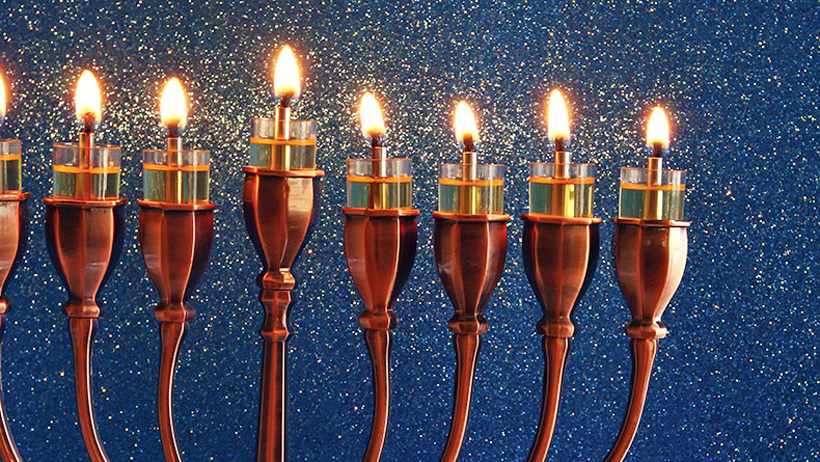
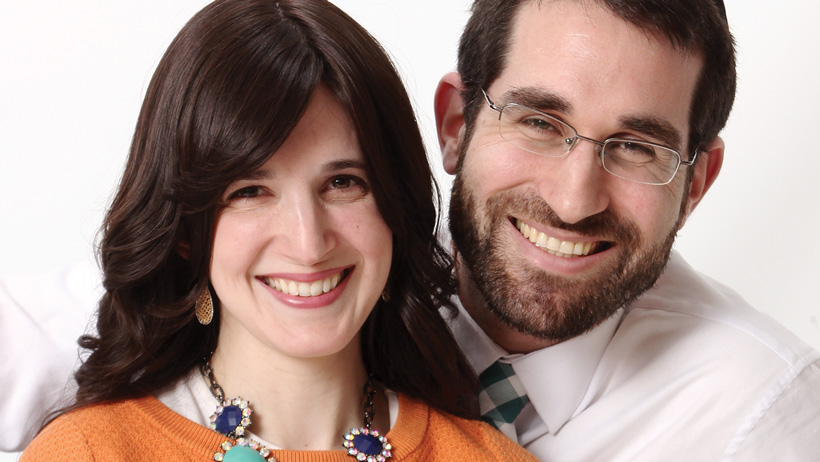
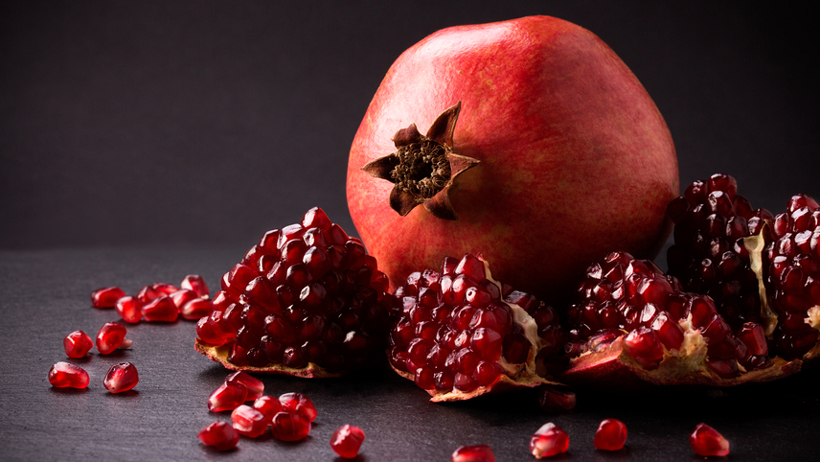


.jpg)



